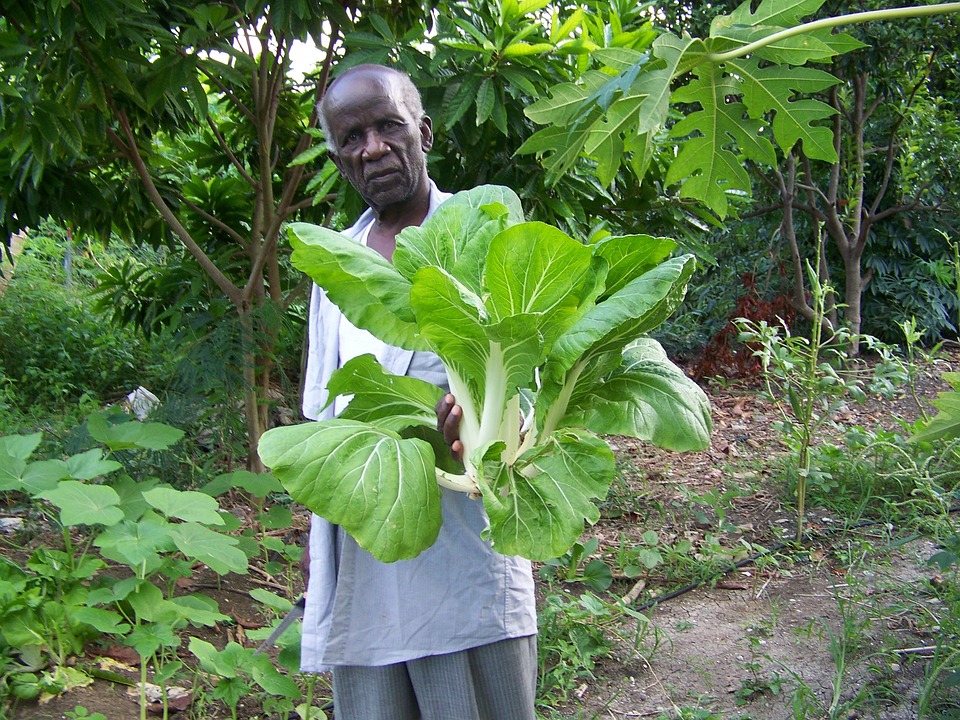Introduction
Growing your own vegetables can be a rewarding and fulfilling experience. Not only does it provide you with a fresh and bountiful supply of nutritious food, but it also allows you to connect with nature and have a greater appreciation for the food you consume.
Improved Health and Nutrition
One of the main advantages of growing your own vegetables is the ability to have immediate access to fresh and organic produce. Supermarket vegetables are often picked before they are fully ripe, losing some of their nutritional value along the way. By growing your own, you can harvest them at their peak, ensuring maximum nutritional content. Furthermore, you have control over the use of pesticides and chemicals in your garden, allowing you to cultivate organic, chemical-free food.
Saving Money
Growing your own vegetables can significantly reduce your grocery bills. Once you have set up your garden, the cost of seeds and gardening supplies is relatively low compared to buying organic produce from the store. Additionally, you can save money on transportation costs since your produce is grown right in your backyard. With proper planning and care, your vegetable garden can provide a steady supply of fresh produce throughout the year, reducing the need for store-bought vegetables.
Environmental Benefits
By growing your own vegetables, you contribute to a more sustainable and environmentally friendly lifestyle. Commercial agriculture often relies on intensive farming practices, including the use of synthetic fertilizers and pesticides, which can harm the environment and wildlife. By opting for organic gardening methods, you reduce the use of harmful chemicals and create a healthier ecosystem in your own backyard. Additionally, growing your own vegetables reduces the carbon footprint associated with transportation and packaging involved in bringing food from farms to your table.
Enhanced Taste and Variety
There is nothing quite like the taste of freshly harvested vegetables. Homegrown vegetables are packed with flavor and are often more vibrant and delicious compared to store-bought counterparts. When you grow your own vegetables, you also have the opportunity to experiment with a wider variety of vegetables that may not be commonly found in supermarkets. You can grow unique heirloom varieties, expand your culinary horizons, and add an exciting array of flavors to your meals.
Mental and Physical Well-being
Gardening has been linked to numerous mental and physical health benefits. Spending time outdoors, tending to your garden, can act as a stress-reliever and improve your overall well-being. Engaging in physical activity such as digging, planting, and weeding helps increase your physical fitness and can be a great way to stay active. Furthermore, studies have shown that gardening can improve cognitive function, boost mood, and provide a sense of accomplishment and purpose.
FAQs
1. How much space do I need to start a vegetable garden?
The space required for a vegetable garden varies depending on the number and types of vegetables you wish to grow. Generally, a small backyard or even a balcony can be sufficient for growing a variety of veggies. Containers or raised beds can be used if space is limited.
2. Do I need to have prior gardening experience?
No, prior gardening experience is not necessary. Starting a vegetable garden can be done by beginners with proper research, planning, and guidance. It’s a great opportunity to learn and develop new skills as you go.
3. What vegetables are easy to grow for beginners?
Several vegetables are known to be easy to grow for beginners, such as tomatoes, lettuce, radishes, and herbs like basil and mint. These plants are generally more resilient and require less maintenance.
4. How much time and effort does maintaining a vegetable garden require?
The time and effort required to maintain a vegetable garden vary depending on the size, complexity, and number of plants. Generally, regular watering, weeding, and pest control are necessary tasks. However, as you gain experience, you can optimize your garden for minimal maintenance.
5. Can I grow vegetables all year round?
Depending on your climate and the availability of suitable plants, it is possible to grow vegetables throughout the year. In cooler climates, certain vegetables may require protection or grow better during specific seasons. Researching your local climate and selecting suitable vegetables will help you achieve year-round growth.




